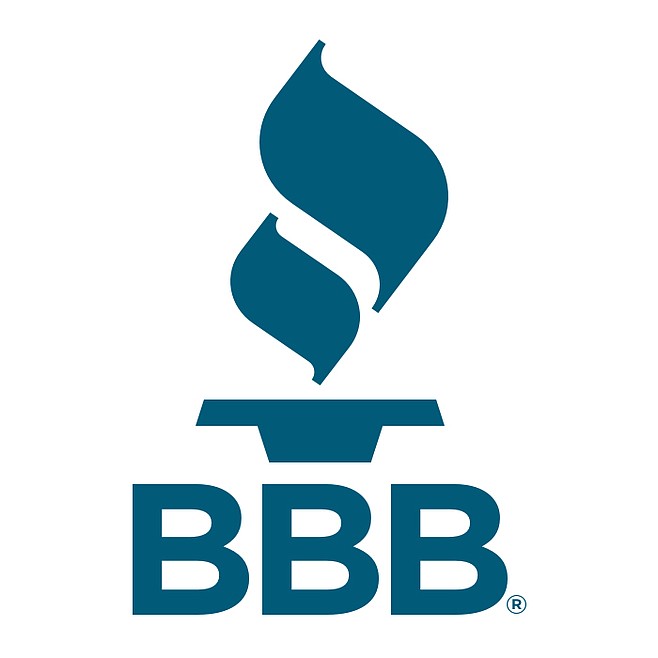Puppy scam predators barking plenty
Who let the dogs out? It’s a question you may not have asked yourself this pandemic. With all the extra time spent at home, many are turning to “man’s best friend” as a cure for their isolation blues.
For every bright spot, it seems some sneaky con artist is intent on stealing that joy, and your money. Puppy purchasing is no different. At Better Business Bureau Northwest + Pacific, we have received more than 220 reports of puppy scams so far this year. And we know that number is just a fraction of the whole picture. Scams of all kinds are underreported for several reasons, including the victims feeling embarrassed to admit that they fell for a con. In Idaho, puppy scams are costing consumers a median dollar loss of $551. This hits hard during already tough financial times.
So here are a few red flags to look out for when purchasing a puppy. Beware the “extra fees.” You find your dream dog online, put down a deposit, and eagerly await the moment you’ll meet your dog. Then, when the “seller” gets to the airport, they’ll begin tacking on extra charges — an expensive crate, insurance for the dog to fly, airline fees. Eventually, victims realize there is no puppy, and they are out a significant chunk of change.
In “normal” times, BBB recommends never buying a puppy or pet without seeing it in person first. But these aren’t “normal” times. So even though you can’t visit your puppy in person, or it may really need to be sent to you, try to Facetime or Skype with the breeder to see your puppy before paying. Also, be wary of a seller requesting an alternate form of payment, such as a gift card, or mobile banking option that was not part of the original transaction. These are red flags that the dealer is not legitimate, and they probably don’t have the pet they are attempting to sell.
BBB previously conducted a study reviewing the scope of this problem, who is behind it, and the need for law enforcement consumer education to address the issue. Head to bbb.org to check out that study.
How to avoid puppy scams:
• Don’t buy a pet without seeing it in person. If that isn’t possible, conduct an internet search of the picture of the pet you are considering. If the same picture appears on multiple websites, it may be a fraud. You also can search for text from ads or testimonials to see if the seller copied it from another site.
• Avoid wiring money, if possible. Use a credit card, in case you need to dispute the charges.
• Research prices for the breed you are interested in adopting. If someone is advertising a purebred dog for free or at a deeply discounted price, you could be dealing with a fraudulent offer.
• Consider reaching out to a local animal shelter. While some may be empty or short supplied, Kootenai Humane Society has a website up with available adoptions at http://www.kootenaihumanesociety.com/adopt/. If someone on their site catches your eye, you can set up an appointment to meet your future pet!
What if you have seen or been a victim of a puppy scam?
Help us collect information on these thieves by reporting them! File a report at bbb.org/scamtracker and the FTC at ftc.gov or calling 1-877-FTC-HELP. The more information we have, the more action we can take to shut these crooks down.
BBB is here to help you, so if you have any questions or information about scams you have seen, please let us know, and we’d be happy to help! For more information on businesses, scams, and complaints, you can call 208-342-4649 or find us online at www.bbb.org!
• • •
About BBB: For more than 100 years, the Better Business Bureau has helped people find businesses, brands, and charities they can trust. In 2019, people turned to BBB more than 182 million times for BBB Business Profiles on more than 5.6 million businesses and Charity Reports on 11,000 charities, all available for free at www.bbb.org.

